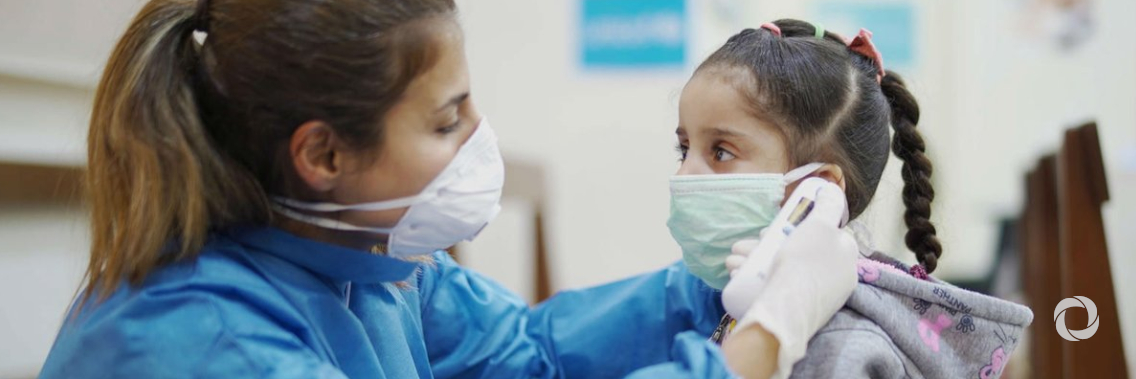The world is currently united in a shared struggle against an invisible enemy. But while our eyes are firmly focused on how to avoid or treat COVID-19, the serious consequences that will challenge us far beyond the current pandemic – the hidden impacts – are not yet front of mind. This must change.
Not only are children and young people contracting COVID-19, they are also among its most severely impacted victims. Unless we act now to address the pandemic’s impacts on children, the echoes of COVID-19 will permanently damage our shared future.
“According to our analysis, 99 percent of children and young people under 18 worldwide (2.34 billion) live in one of the 186 countries with some form of movement restrictions in place due to COVID-19. Sixty percent of all children live in one of the 82 countries with a full (7%) or partial (53%) lockdown – accounting for 1.4 billion young lives,” said UNICEF Executive Director Henrietta Fore.
Increased investments now in education, child protection, health and nutrition, and water and sanitation will help the world reduce the damage caused by this crisis and avoid future crises. The world will open up again, and when that happens, the resilience of the weakest health systems will be the gauge of how well we will do against future threats.
This week, UNICEF is launching our global agenda for action to protect the most vulnerable children from harm. The agenda has six pillars:
1) Keep children healthy and safe;
2) Reach vulnerable children with water, sanitation and hygiene;
3) Keep children learning;
4) Support families to cover their needs and care for their children;
5) Protect children from violence, exploitation and abuse; and
6) Protect refugee and migrant children, and those affected by conflict.
Without urgent action, this health crisis risks becoming a child rights crisis. Only by working together, can we keep millions of girls and boys healthy, safe and learning.
Original source: UNICEF
Published on 09 April 2020

